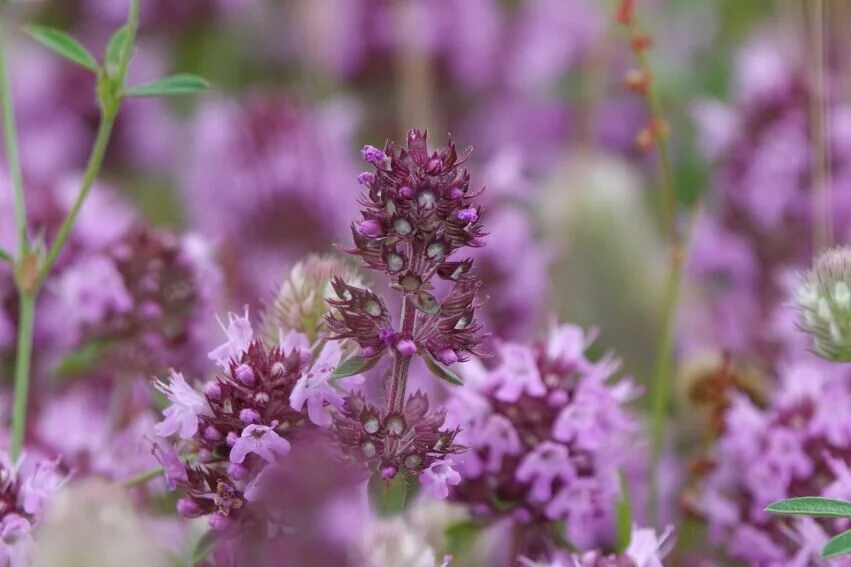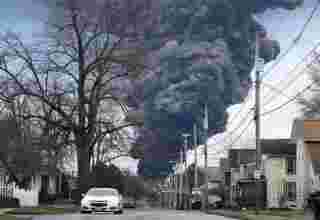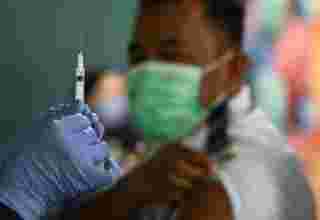ISLAMABAD, JULY 15 (ABC): The nectar of common plants such as sunflower contain bioactive agents that can inhibit the growth of Leishmania and could be used to help fight the potentially fatal disease caused by the parasite, say researchers.
Leishmania parasites infect over a million people a year, of which more than 200,000 are infected with visceral leishmaniasis or kala-azar, the most deadly form of the disease, according to a study published in PLOS Neglected Tropical Diseases. This constitutes a greater health burden than any human parasite besides malaria, the study says.
“In contrast to insecticide-based methods of sand fly control, incorporation of antiparasitic nectar sources into landscapes and domestic settings could benefit public health without threatening beneficial insects”
Evan Palmer-Young, USDA-ARS Bee Research Laboratory
The disease affects some of the world’s poorest people and is linked to problems such as malnutrition, poverty and weakened immunity, as well as environmental changes such as deforestation and urbanisation, according to the World Health Organization.
Leishmania infection is spread by blood-feeding sand flies which also consume floral nectar, a complex of chemicals that arrest the growth of the parasite. “These same compounds could reduce infection in nectar-consuming sand flies,” said Evan Palmer-Young, an author of the study affiliated with the USDA-ARS Bee Research Laboratory, Beltsville, Maryland, US.
The study showed that concentrations of various phytochemicals (chemical compounds produced by plants) present in the nectar of flowers were more than enough to prevent the growth of Leishmania.
If compounds in floral nectar are as effective against Leishmania parasites in the natural environment as suggested by the lab experiments, strategic cultivation of such plants could help cut down the loads of Leishmania parasites in sand flies, the researchers said. “Such interventions could provide an environmentally-friendly complement to existing means of disease control,” the study concluded.
“In contrast to insecticide-based methods of sand fly control, incorporation of antiparasitic nectar sources into landscapes and domestic settings could benefit public health without threatening beneficial insects,” Palmer-Young told SciDev.Net. “These findings suggest an unexplored, landscape-based approach to reduce transmission of a major neglected tropical disease worldwide.”
According to the researchers, the nectar of flowers appears to be “a preferred food source” for sand flies. Also, nectar and pollen comprise several secondary metabolites that include flavonoids — a class of antimicrobial and antileishmanial compounds common in both nectar and pollen.
“This suggests that consumption of secondary metabolite-rich nectars could mitigate Leishmania transmission by reducing infection intensity in nectar-feeding sand fly vectors, pointing to a new strategy for drug- and insecticide-free disease control,” the researchers say.
Visceral leishmaniasis can cause fever, enlarged liver and spleen, anaemia and weight loss. Other forms of the disease include cutaneous leishmaniasis — which causes ulcers and other skin lesions, often resulting in scars and even disability — and mucocutaneous leishmaniasis, which damages the mucous membrane of the mouth, nose and throat.



























